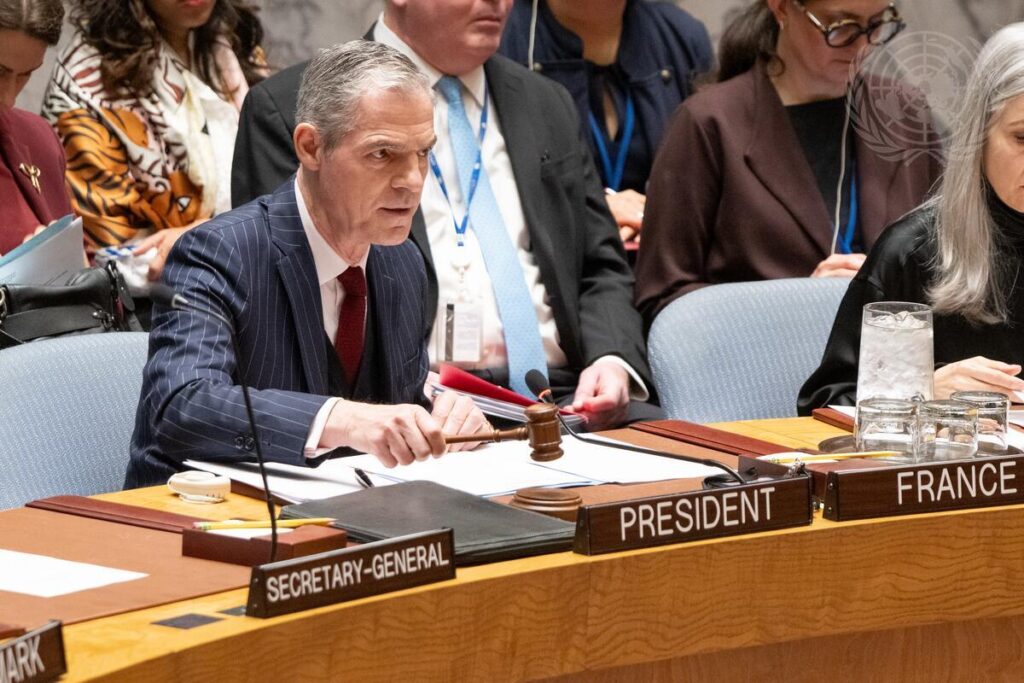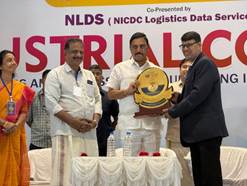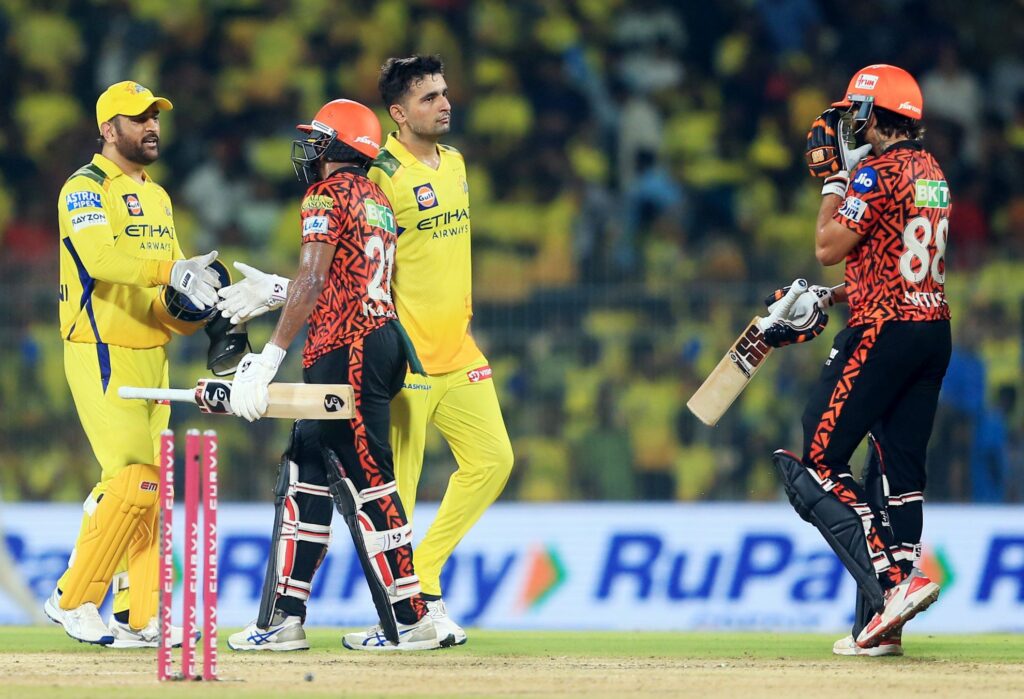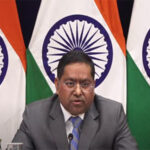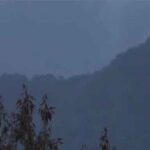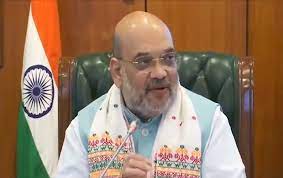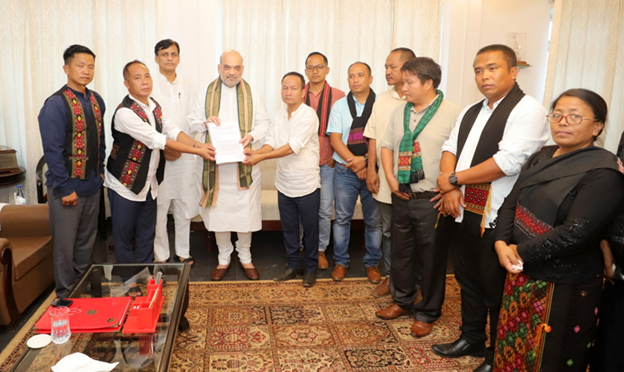France stands firmly with India, says President Macron; dials PM Modi on Pahalgam terror attack
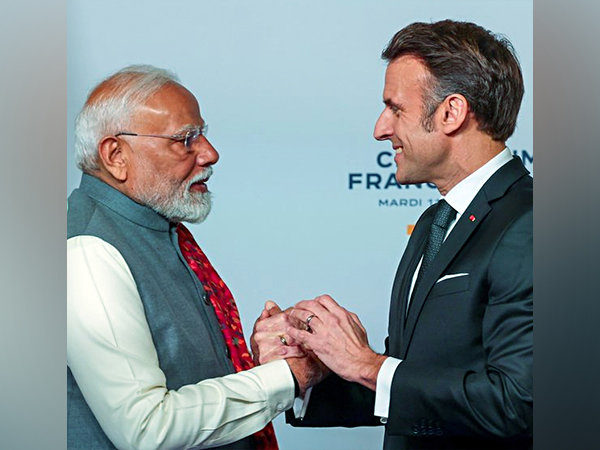
French President Emmanuel Macron on Thursday held a telephonic conversation with Prime Minister Narendra Modi regarding the recent terrorist attack in Pahalgam, Jammu and Kashmir. He said that France stands firmly with India and its people in this hour of grief.
“I have just spoken to my counterpart @narendramodi about the cowardly terrorist attack on Tuesday, which resulted in the tragic death of dozens of innocent civilians. France stands firmly with India and its people in this hour of grief. France, together with its allies, will continue the fight against terrorism wherever necessary”, the French President said in a post on X.
In a post on X, Ministry of External Affairs (MEA) Spokesperson Randhir Jaiswal said: “President @EmmanuelMacron called Prime Minister @narendramodi and conveyed his personal condolences over the brutal killing of innocent people in the heinous terror attack in the Indian Union Territory of Jammu and Kashmir. He strongly condemned the attack and expressed full support and solidarity with the people of India, adding that such barbarism is totally unacceptable.”
“The Prime Minister thanked him (French President Emmanuel Macron) for his message of support and conveyed India’s strong resolve to bring the perpetrators to justice”, he added.
The heinous terrorist attack in Pahalgam, which occurred on Tuesday in the Baisaran meadow of Anantnag district, has sparked nationwide outrage, with widespread protests erupting across the country demanding stricter action against Pakistan.
Following the terror attack, the central government announced several diplomatic measures, including the closure of the Integrated Check Post (ICP) at Attari, the suspension of the SAARC Visa Exemption Scheme (SVES) for Pakistani nationals—giving them 40 hours to return to their country—and a reduction in the number of officers at the High Commissions on both sides.
India has also suspended the Indus Waters Treaty, signed in 1960, in response to the Pahalgam attack.


